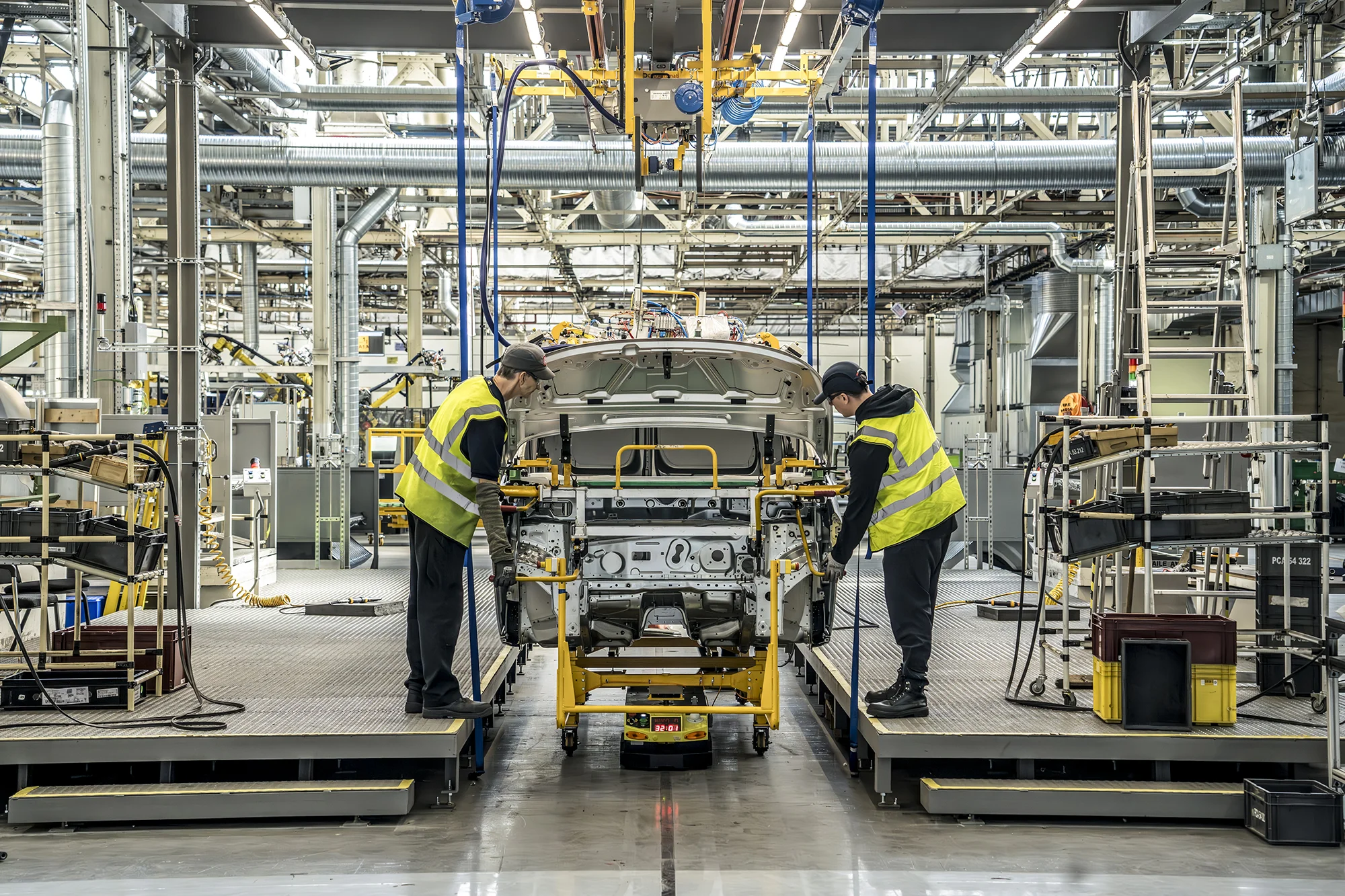
According to the latest SMMT Motorparc data revealed this week, the average age of a car on UK roads has increased to 8.4 years old – the oldest since records began in 2000. This uplift has chiefly been the result of the pandemic which effectively put the brakes on new vehicle uptake in 2020, as drivers opted to hold on to their cars for longer. Moreover, almost 10 million of the 35.1 million cars in Britain have been in service since 2008 or earlier.
While this is certainly testament to the durability, reliability and quality of modern vehicles, an ageing fleet risks stalling attempts to reduce emissions from road transport. For example, a new car built in 2020 emits, on average, 112.8g/km of CO2, which is 18.3% better than a model registered in 2011.
Manufacturers are investing and delivering ever cleaner models and if the UK is to reach its net zero target modern petrol and diesel have at least a short term role to play alongside alternatively fuelled vehicles. Ultimately, encouraging drivers to upgrade to the newest models, across all fuel types, will be critical as the UK progresses towards its goal of zero emission motoring for all.
On a more positive note, the number of battery electric vehicles (BEVs) on our roads is growing, having increased 114.3% during 2020, with plug-in hybrids (PHEVs) also having risen 35.2%. Yet, these vehicles still only account for 1.3% of 35 million cars on British roads, which illustrates the scale of the challenge ahead.
2020 was a good year for light commercial vehicles (LCVs), which saw growth of 1.7% – the only vehicle type to see any increase – and many of these have been instrumental in supporting the nation, providing support to the NHS and delivering food and other essential goods, during the pandemic.
Heavy goods vehicles (HGVs) and bus and coach numbers, however, both declined by -3.1% and -10.7% respectively last year. There was further bad news for the bus and coach sector this week, with registrations in the first quarter of 2021 plunging by 58.5% to just 582 vehicles, as long-term declines in passenger numbers and the nationwide lockdown have led to a stall on orders by fleet operators. The government’s Bus Back Better strategy must be implemented immediately if there is to be a reverse in the decline in bus operations. There was, however, some better news for HGVs which saw registrations increase by 9.5%, equating to just over 10,000 new registrations, an indicator of increasing business confidence as we slowly emerge from the pandemic.
For the present, however, lockdown restrictions remain so the latest SMMT Meet the Buyer event had to be held online yesterday, using an innovative combination of bespoke matchmaking and event software to match buyers to the suppliers that will fit their needs. The event saw more than 240 suppliers put forward to 10 purchasing departments from a range of companies including Jaguar Land Rover, McLaren and LEVC. Over 60 one-to-one meetings were held with more than 50 components being sourced, including, powertrain and chassis, suspensions systems, electronic components and composites, with the value of orders discussed ranging from thousands to tens of millions of pounds. With very few business opportunities like this over the last 12 months, this was a chance for companies to have some meaningful conversations in a challenging climate, and one that was met with enthusiasm and keen interest from all involved.


